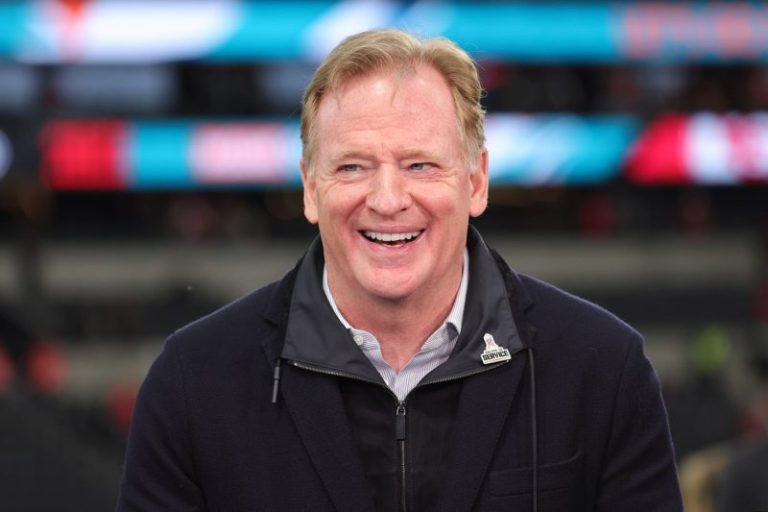The recent announcement made by NFL commissioner Roger Goodell regarding the possibility of allowing private equity firms to own up to 10% of NFL teams has sparked considerable debate within the world of professional sports. This potential shift in ownership structure could have far-reaching implications for the league, its teams, players, and fans alike.
One of the key arguments in favor of opening up team ownership to private equity is the potential for increased investment and financial stability within the league. Private equity firms are known for their significant financial resources and expertise in managing and growing businesses. By allowing these firms to have a stake in NFL teams, it could provide them with the capital needed to improve infrastructure, facilities, and overall operations, which could ultimately benefit the teams and enhance the fan experience.
Additionally, private equity ownership could bring a fresh perspective and innovative strategies to the table. These firms are often driven by profit-making objectives and may introduce new revenue streams or business models that could help NFL teams generate additional income. This could be particularly valuable in a rapidly evolving sports landscape where traditional revenue sources like ticket sales and advertising may no longer suffice.
However, there are valid concerns about the potential downsides of private equity ownership in the NFL as well. Critics worry that allowing these firms to have a significant ownership stake could prioritize profit over the long-term interests of the teams and the sport. Private equity firms have a reputation for being profit-driven and may make decisions that prioritize short-term gains at the expense of the team’s overall success or fan experience.
Furthermore, there are questions about the level of influence and control private equity owners would have over team operations and decision-making. Traditional team owners are often deeply invested in the community and the sport itself, whereas private equity firms may be more detached and focused solely on financial returns. This could potentially lead to conflicts of interest or decisions that are not in the best interest of the team, players, or fans.
In conclusion, the NFL’s consideration of allowing private equity ownership in its teams is a complex issue with both potential benefits and drawbacks. While increased investment and financial stability could be positive outcomes, there are legitimate concerns about the impact on team culture, decision-making processes, and the overall integrity of the sport. As the league moves forward with this proposal, it will be essential to carefully evaluate the implications and ensure that any changes serve the best interests of the teams, players, and fans who are at the heart of the NFL.



